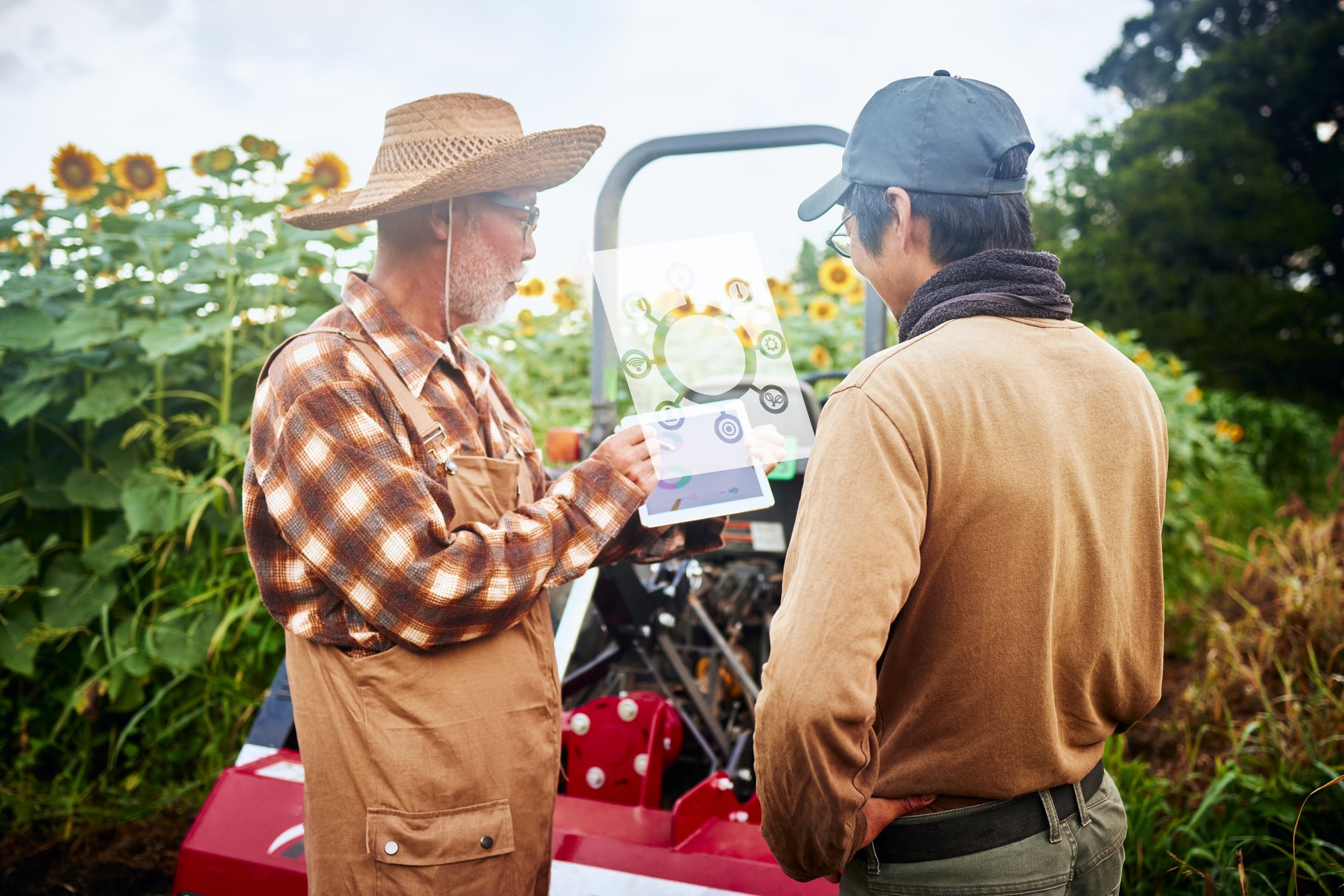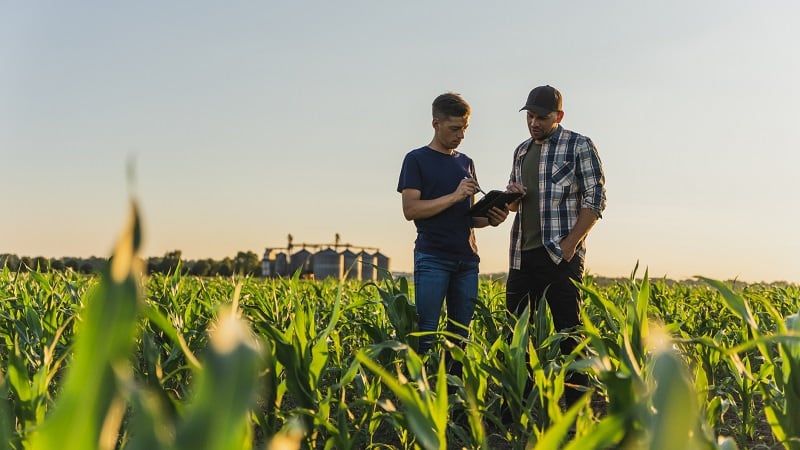Ag giant Corteva is bolstering its crop engineering capabilities through a partnership with AI and biotech start-up Profluent Bio, which will help the ag giant develop more sustainable and resilient crops.
Through the partnership, Corteva will incorporate Profluent’s ProGen3 platform capabilities for developing proteins into its gene-editing Genlytix ecosystem, ultimately speeding up the development of new products in the process. The partnership was made possible through the ag company’s venture arm, Corteva Catalyst, and financial details of the partnership were not disclosed.
“We’re excited to collaborate with Profluent as we work to develop next-generation solutions to address the new and growing challenges facing agriculture. By combining our existing gene editing expertise with Profluent’s foundation models in protein design, we have the opportunity to engineer next-generation gene editing tools that improve precision, expand functionality, and create dependable solutions for growers worldwide,” Tom Greene, senior director at Corteva and global leader for Corteva Catalyst, said in a press release.
The partnership will play on each company’s strengths, with Corteva’s expertise in plant testing plants combined with Profluent’s AI capabilities and knowledge of high-throughput screening, Hilary Eaton, chief business officer at Profluent, told AgTechNavigator.
“Profluent does not have deep agriculture experience like Corteva does, but we do have deep AI experience, protein structure experience, and deep gene editing experience. So, you combine all of those things together, and that is where the magic happens,” she elaborated.
Understanding the language of proteins
Launched in 2022, Profluent was founded by AI researcher Ali Madani with the mission of designing new proteins through biotech and generative AI. Profluent was born out of Madani’s work with Salesforce, where he explored using AI to develop proteins, Eaton explained.
“Somebody suggested that proteins — which we express via letters of the alphabet to stand for the various amino acids — look like a language. And so could a large language model if exposed to billions of examples of natural protein sequences — just like if it were exposed to billions of scraped internet text examples — could it learn the equivalent of the grammar and syntax of the language of proteins?” Eaton elaborated.
Traditional gene editing often can be a time-consuming process and comes with trade-offs, Eaton explained. Developing proteins with AI “is a very iterative process,” requiring humans to test sequences and feed back the results into the large language model, making the AI more efficient in the process, she added.
“You can do manual protein engineering, where you are doing directed evolution or random mutagenesis, and sometimes you get lucky. But it is super time-consuming — it is resource-intensive. And often what ends up happening is either you break the protein once you get a few mutations in, or you end up being able to steer it towards this quality that you wanted to add, but you sacrifice another quality. You cannot do it all at once,” Eaton added.
Profluent did not necessarily set out to attract agricultural companies but identified an opportunity to license its technology to industry players large and small, following the company’s release of an open-source gene editor called OpenCRISPR-1, which demonstrated its technology’s ability to create a synthetic molecule, Eaton noted.
“We got over 1,200 license requests, which is incredible for a single molecule ... And a significant chunk of those requests were from agricultural companies,” she added.





